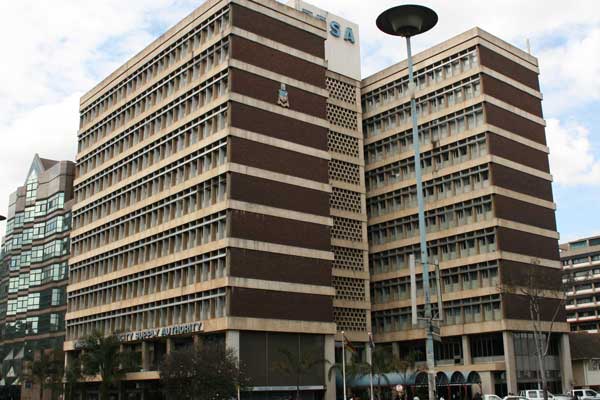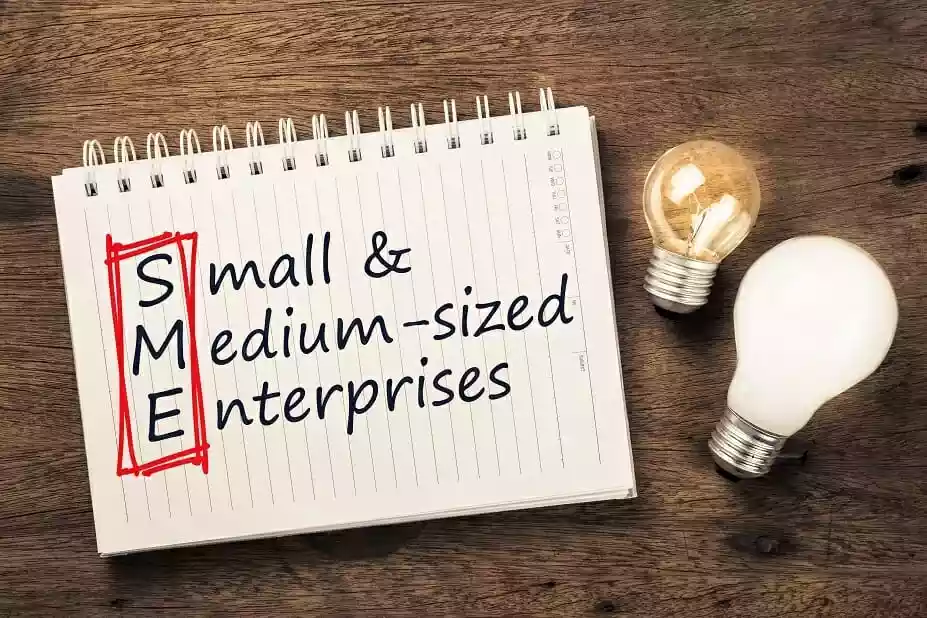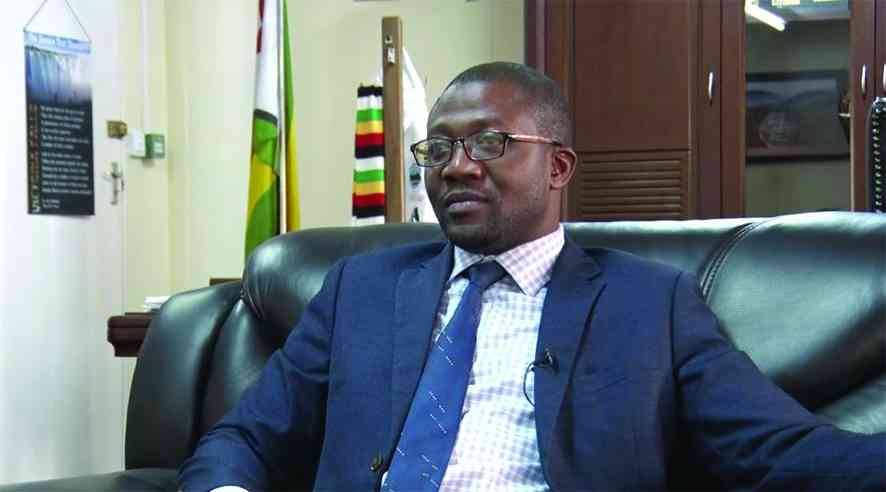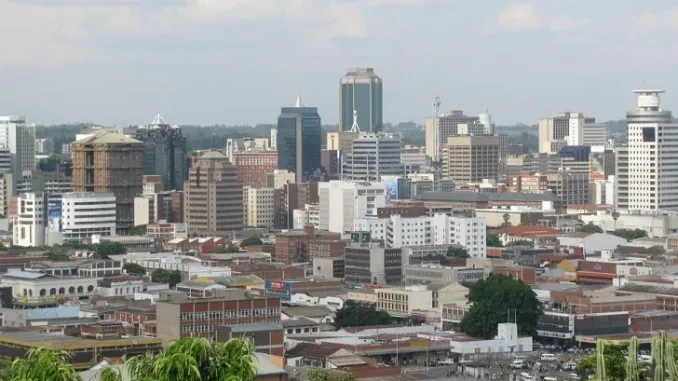
The Bulawayo business community has strongly objected to the proposed increase in electricity tariffs arguing that the move would drive up the cost of production and culminate in massive company closures.
BY MTHANDAZO NYONI
Power utility Zesa Holdings subsidiaries have proposed a 49% tariff hike to 14,69 cents per kilowatt hour which they say is cost reflective and necessary to augment emergency power imports. Zesa has recently started to import 300MW from South Africa’s Eskom to augment local generation.
Zimbabwe Power Company (ZPC) is proposing a 22% increase in power costs from 5,06 cents per kilowatt hour to 6,64 cents per kilowatt hour on sale to the distribution subsidiary, Zetdc. Zetdc is proposing to sell the power to consumers at 14,69 cents per kilowatt hour from 9,86 cents, an increase of 49%.
However, speaking at a stakeholder consultation meeting organised by the Zimbabwe Energy Regulatory Authority on Friday in Bulawayo, the business community said the increase in electricity tariffs was unjustified given that companies were already overburdened by the current charges.

“As a business association we would like to express the following concerns regarding this proposal: We are very much aware of the National Competitiveness policy by the Ministry of Industry and Commerce that were announced by minister Mike Bimha in December 2014 that identified the need to reduce cost drivers in the economy so that we remain competitive,” said the Association for Business in Zimbabwe (Abuz) chief executive officer, Lucky Mlilo.
“Electricity costs were identified as one of the cost drivers that need to be seriously looked into. Increasing electricity tariff is exactly the opposite of what this policy is trying to achieve.”
- Chamisa under fire over US$120K donation
- Mavhunga puts DeMbare into Chibuku quarterfinals
- Pension funds bet on Cabora Bassa oilfields
- Councils defy govt fire tender directive
Keep Reading
Zimbabwe National Chamber of Commerce Bulawayo branch chairperson, Chidzanani Malaba said the proposal by Zesa must be dismissed as it was an anathema to industry.
“The proposal must be dismissed. It is not good for the economy and they must go back to the drawing board…,” Malaba said. A Bulawayo City Council representative said the city was strongly objecting to the move as the local authority had already done its 2016 budget.
The representative said any tariff increase now would scuttle service delivery and overburden the residents.
During the meeting, Zesa Holdings representatives had a torrid time trying to justify their proposal. They argued that Zesa was suffocating due to a $1 billion debt owed by customers.
They tried to compare Zimbabwe with other regional peers like Namibia which charge 14,21 cents per kilowatt hour and South Africa at 13, 45 cents. Zambia charges power at 10,35 cents per KW/H and Botswana 9,74 cents.
However, their argument was thwarted by the business community who said business in Zimbabwe was paying twice as much for power as compared to South Africa.











